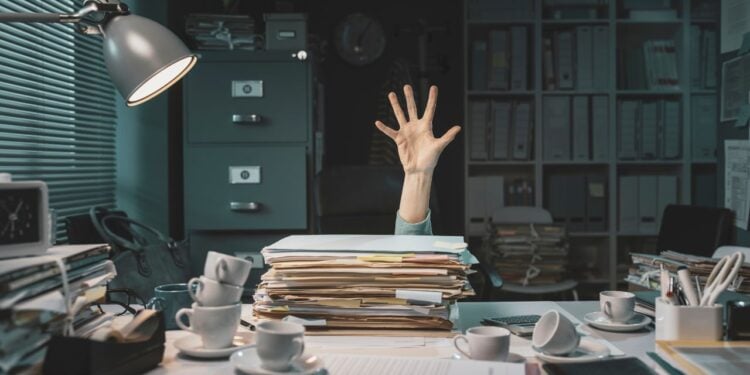Travel has picked up as the pandemic loosens its grip around the world and professionals gain more freedom from the confines of the office.
However, because of this newfound freedom, many workers are unable to fully disconnect when out of the office. Quickly checking work emails or catching up on Slack messages while abroad has become more frequent, and its impact is more harmful than workers may realize.
These off-shift tasks appear as microscopic ways to keep up with a workers’ given industry, but they also contribute to the between work and personal time being blurred, leading to mental health problems from being overworked.
Hidden overtime may seem innocent on the surface, but allowing work to seep into everyday life has detrimental effects on workers.
For instance, a worker may take their weekend to skim through a book suggested by management instead of being present with their families. Not only does this normalize longer work hours, but it can hurt a worker’s personal relationships.
“There does seem to be a gap between what employees versus employers feel is the bare minimum required at work,” said Alexia Cambon, director of research at Gartner’s HR practice.
However, Cambon adds that “when you’re choosing to do these quiet overwork tasks because you are passionate about your work – or think you can gain something from it – they aren’t necessarily a negative addition to your life.”
She says that the best way to navigate this is “to distinguish between two types of work – the work that gives you energy and the work that takes energy away from you.”















